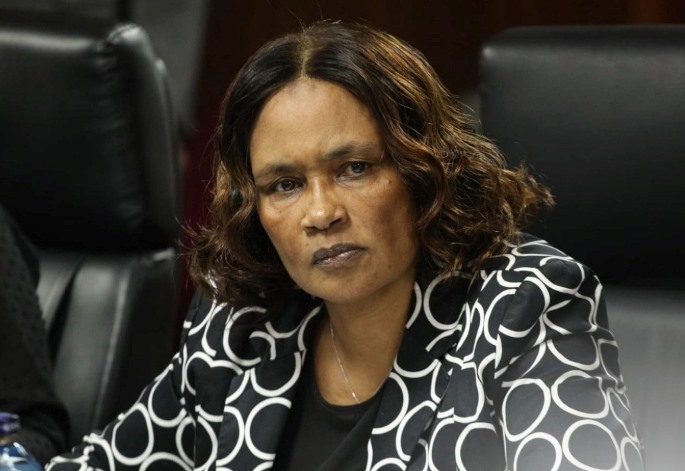TSC’s new school management structure faces resistance from KEPSHA, which argues that junior school teachers are too inexperienced to take deputy roles over veteran head teachers. Tensions rise as the education sector awaits final reforms.
The Teachers Service Commission (TSC) has come under intense criticism following its latest proposal to introduce a new school leadership model under the comprehensive school system. The structure, which places a principal at the top supported by two deputies—one for primary and the other for junior school—has sparked immediate backlash from the Kenya Primary School Heads Association (KEPSHA).
KEPSHA national chairperson Fuad Ali argues that the proposal risks disrupting the stability of public schools by elevating junior school teachers—many of whom are fresh graduates—into supervisory roles over experienced primary school heads. According to him, such a reversal of the hierarchy is not only unworkable but also deeply disrespectful to long-serving educators.
“We do not want politics in our schools. Respect the existing leadership or move to senior school,” Ali stated, insisting that junior school teachers should only transition to senior school with Grade 9 learners if they prefer a more specialized environment.
The dispute reflects deeper systemic tension that has existed since junior school was domiciled in primary institutions under the Competency-Based Curriculum (CBC). For nearly three years, conflicts have simmered over authority, resource control, lesson allocation, and disciplinary responsibility. Without a clearly defined legal structure, schools have operated in confusion.
During a recent briefing, TSC Director of Staffing Antonina Lentoijoni confirmed that the commission is reviewing administrative norms based on recommendations from the Presidential Working Party on Education Reforms. She emphasized that the new structure seeks to harmonize roles and prevent further conflict.
However, KEPSHA and the Kenya National Union of Teachers (Knut) insist that leadership must remain anchored in experience, not new academic credentials. Knut Secretary-General Collins Oyuu argued that junior school teachers cannot assume deputy roles without years of service. According to him, promotions must reflect practice, not theory.
“You cannot come from college yesterday and purport to be a deputy head of an institution,” Oyuu said, adding that precedence has always favored experience across all former school models.
Meanwhile, TSC Acting CEO Evaleen Mitei acknowledged the immense workload carried by head teachers under the merged school structure. She cited long hours, stakeholder pressures, and the challenges of leading intergenerational teams composed of Baby Boomers, Millennials, and Generation Z teachers.
Mitei encouraged school leaders to adopt a collaborative leadership model grounded in consultation, teamwork, and adaptive decision-making. She argued that modern education demands flexible strategies, not rigid hierarchies.
“It is consultation and effective communication that build trust,” she said, urging administrators to embrace ICT integration, continuous professional development, and inclusive decision-making.
As TSC moves toward finalizing the administrative framework, the education sector remains sharply divided. While the commission seeks modernization, KEPSHA and Knut maintain that stability must come from experience. With schools preparing for Grade 9 transition in January, the stakes have never been higher.





